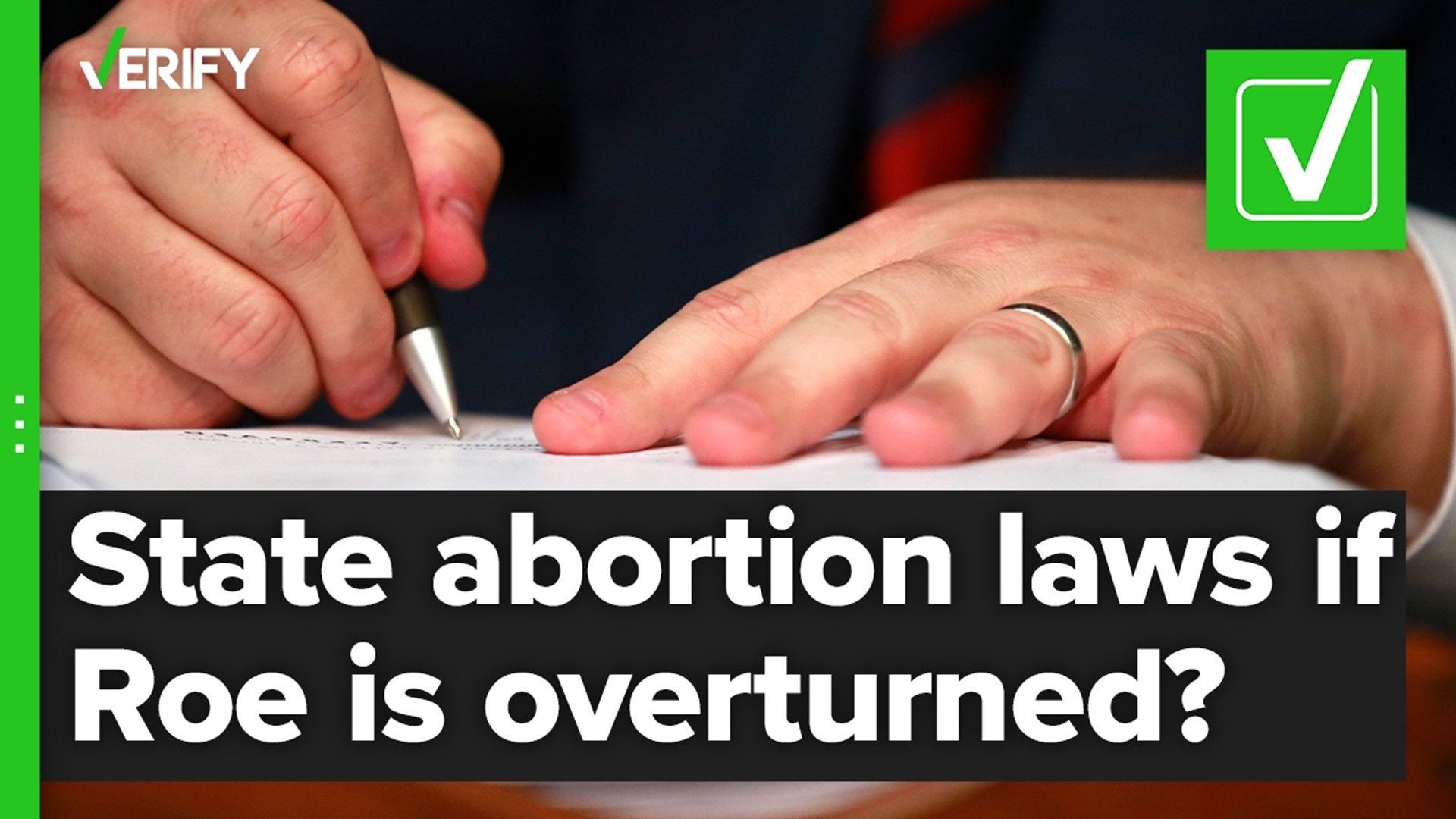ATLANTA — A resolution introduced this week in the Atlanta City Council would seek to blunt the impact of Georgia's "heartbeat" abortion law taking effect if Roe v. Wade is overturned by the U.S. Supreme Court.
The main function of the resolution would be to instruct the city's police department to treat violations of the state abortion law with the "lowest possible priority" as well as limit city funds from being used in investigations of such violations.
The resolution was introduced this week by Councilmember Liliana Bakhtiari. It's not immediately clear how much support it might get from the rest of the City Council, though in January the council approved a resolution that expressed the "commitment to protect the right to access abortion care in Atlanta."
The resolution will be considered by the committee next week.
Its main clause stipulates that "no City funds shall be used to record and/or investigate reports of abortion care and the Atlanta Police Department is requested to place reports of abortion-related care at the lowest possible priority."
It further adds that "the investigation or support for the prosecution of any allegation, charge, or information relating to the outcome of a given pregnancy, including abortion and abortion-related care" would be the lowest priority for law enforcement and the use of resources and personnel.
It provides exceptions for when the pregnant person is the victim of a crime and the crime being investigated is not an abortion or other reproductive health services.
The resolution also seeks to ban city funds from being used to "store or catalog" abortion reports, "provide information to any other governmental body or agency about any abortion" that could be used in a prosecution, and conduct surveillance to determine if an individual abortion has occurred or collect data on abortions except for "purposes unrelated to criminal investigation, enforcement or prosecution."
Georgia's abortion law, passed and signed by Gov. Brian Kemp in 2019, is currently not in effect after it was ruled unconstitutional by a federal court.
The U.S. Appeals Court in Atlanta heard the case last year but decided to put it on hold until the Supreme Court decides on the current challenge to the constitutional abortion rights precedent - a ruling that is expected any day now, and which a draft opinion leaked in May suggests will overturn Roe.
If that happens, it would create a new precedent that would all but certainly lead the 11th Circuit Appeals Court to rule that Georgia's law can now go into effect.
The law generally bans abortions at about six weeks, when a fetal "heartbeat" can be detected.
It criminalizes the act of both receiving and providing an abortion after that point, and experts have said that it has vague stipulations that could leave doctors open to criminal liability if they perform even legal abortions, such as in the case of a pregnancy by rape or incest.
The law requires women to file a police report for the rape or incest and Deborah Dinner, an Emory University School of Law professor, told 11Alive in 2019 that it appeared that doctors might be held criminally liable if they performed an abortion without themselves having a copy of the police report.
There is also concern it could criminalize miscarriages. The law distinguishes abortions from miscarriages, but Dinner explained in 2019 that a woman who miscarried would "have to prove that she had a naturally occurring miscarriage."
"If she miscarried because she ingested a drug such as Misoprostol with the intention of producing an abortion, or if she ingested another drug (legal or illegal) knowing that it would 'with reasonable likelihood' result in an abortion, then she would be criminally liable," Dinner said.

